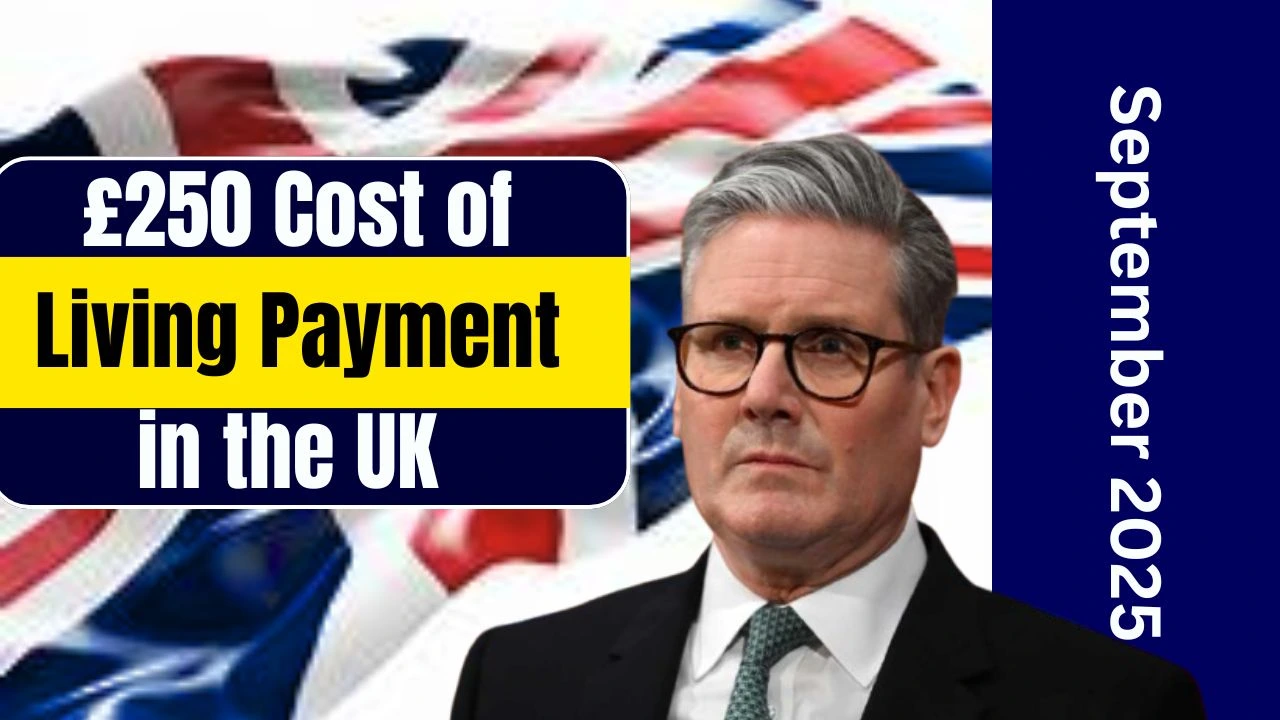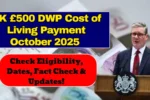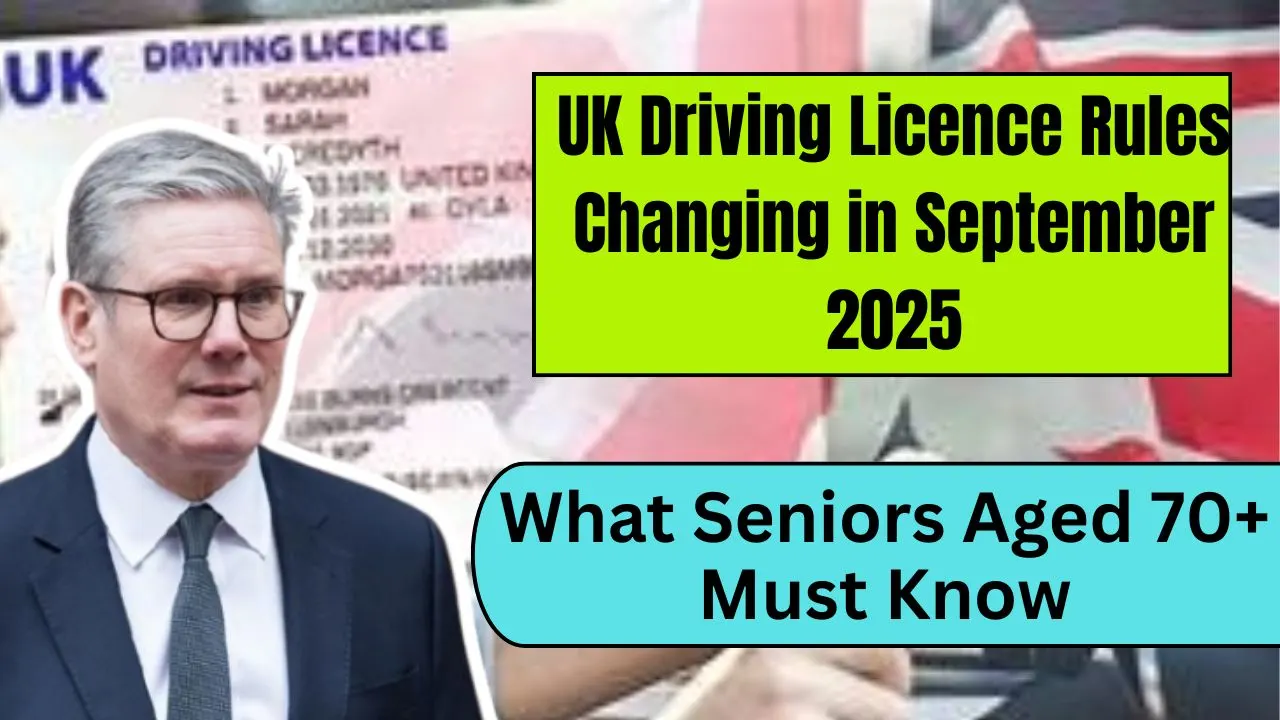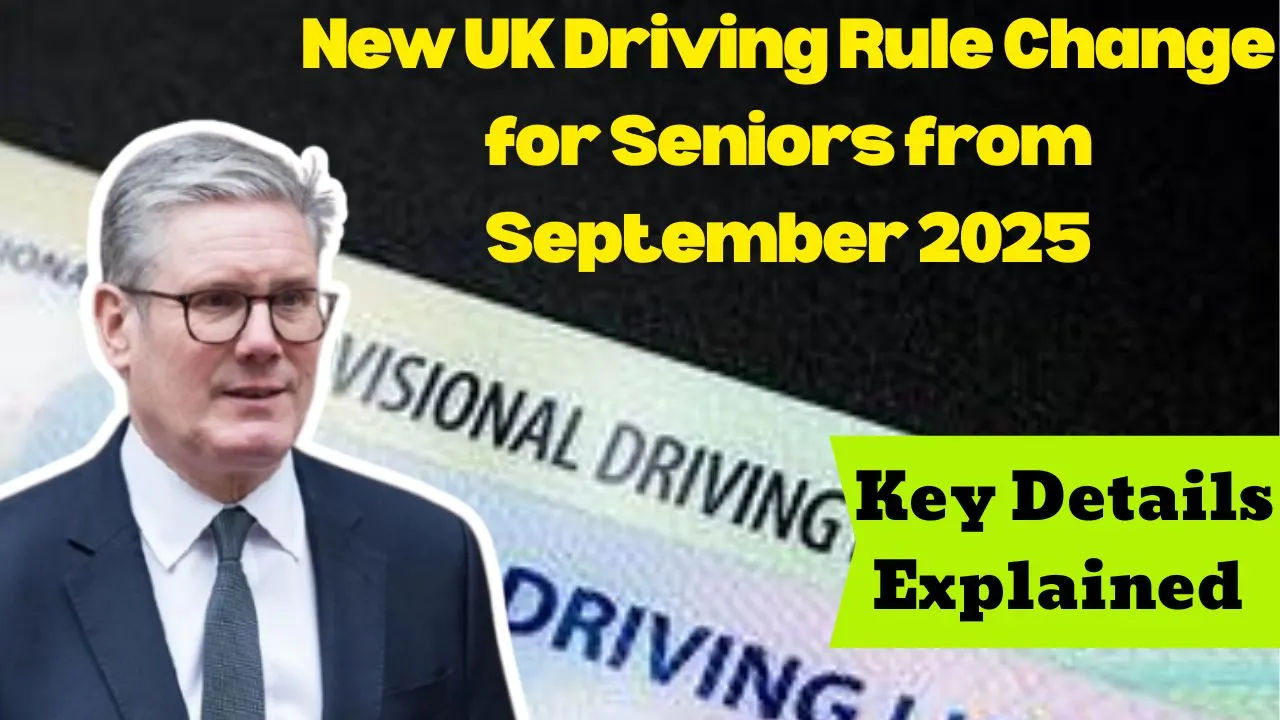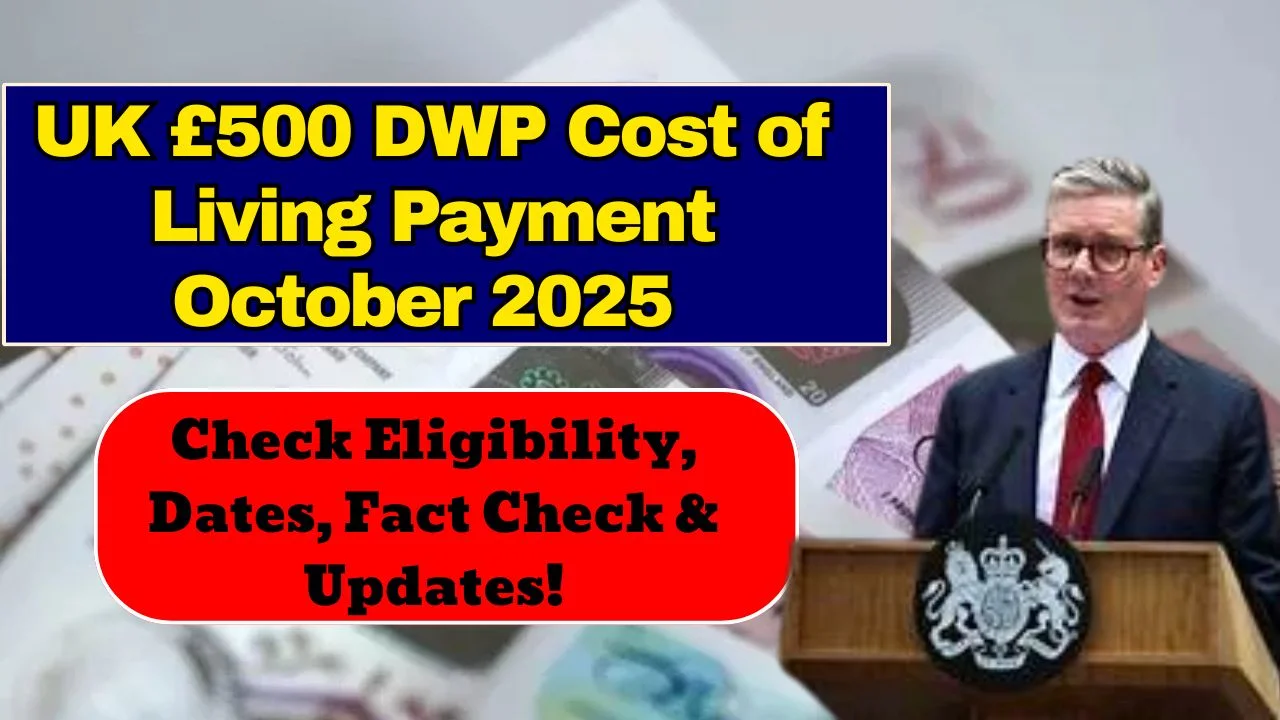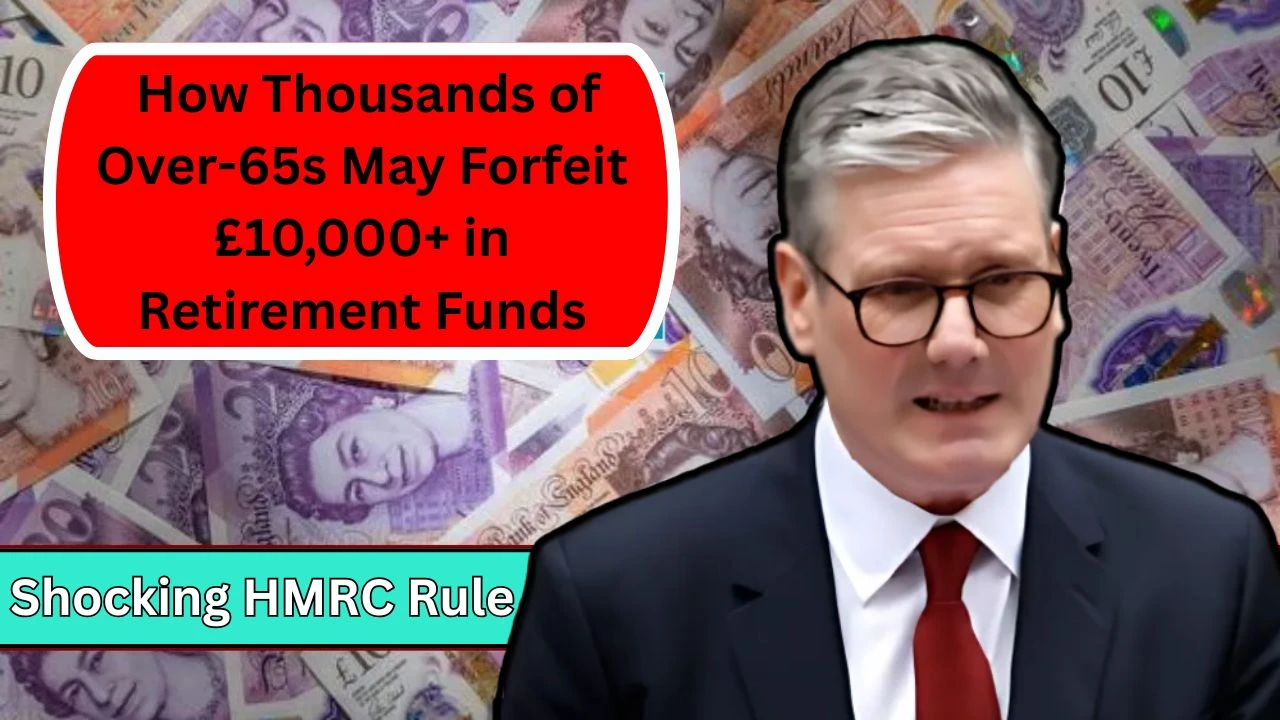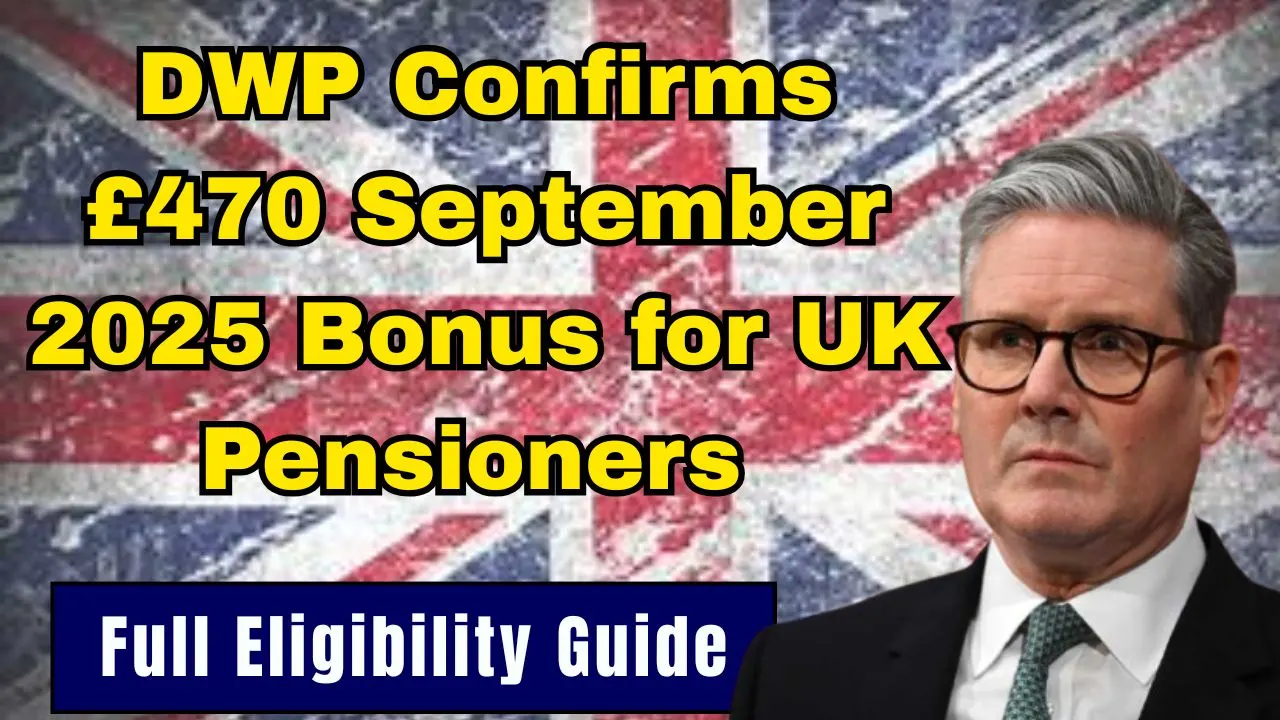Millions of households across the UK are feeling the pinch, and the government’s £250 Cost of Living Payment for September 2025 is designed to ease some of that financial pressure. Whether it’s higher energy bills, grocery costs, or rent, families, pensioners, and low-income earners are all affected by inflation and rising living costs. This new payment is part of the broader support plan from the Department for Work and Pensions (DWP) to help those who need it most.
If you’re wondering how the £250 Cost of Living Payment fits into your current benefits, who qualifies, and when the payment will arrive, this guide breaks it down in clear, simple terms. You’ll learn what to expect, how to prepare, and how this payment connects with other support like Pension Credit and Winter Fuel Payments.
£250 cost of living payment explained
The £250 Cost of Living Payment is a one-off support initiative from the UK government, aimed at assisting vulnerable households during a period of economic strain. Rising inflation, energy costs, and stagnant wages have left many families stretched thin. This payment is intended to provide a financial buffer for individuals already receiving benefits such as Universal Credit, Pension Credit, or income-based Employment and Support Allowance.
The best part is you don’t need to apply. The payment will be sent automatically to those who meet the criteria during the qualifying period. For many, this could mean additional help covering essentials like heating bills, groceries, or other day-to-day expenses. This payment also demonstrates the government’s continued efforts to help households cope with the ongoing cost of living crisis.
Overview table
| Key Detail | Information |
| Payment Amount | £250 |
| Payment Date | September 2025 |
| Who Qualifies | Low-income households, pensioners, disability benefit recipients |
| Payment Method | Automatic bank deposit to benefit account |
| Application Required | No |
| Applicable Regions | England, Scotland, Wales, Northern Ireland |
| Related Support | Pension Credit, Winter Fuel Payment, Disability Benefits |
| Issuing Authority | Department for Work and Pensions (DWP) |
Why the increase has been introduced
The £250 Cost of Living Payment has been introduced to help cushion the effects of inflation on the UK’s most financially vulnerable groups. Over the past year, the cost of essential items like food and electricity has increased significantly. While the economy shows signs of stabilising, everyday costs remain high, especially for pensioners and low-income earners.
This payment reflects the government’s recognition that temporary assistance can offer short-term relief. It also acknowledges that the economic recovery is uneven, and targeted support is needed to prevent people from falling into poverty. It is part of a continuing package of help for people on benefits or fixed incomes who are struggling with rising expenses.
Who will be eligible for the extra £250
Eligibility for the £250 Cost of Living Payment is linked to receiving certain income-based or means-tested benefits. These include:
- Pension Credit
- Universal Credit
- Income-based Jobseeker’s Allowance
- Income-related Employment and Support Allowance
- Working Tax Credit or Child Tax Credit
If you receive one of these benefits during the qualifying period, you will automatically be eligible. No additional forms are required, and the payment will be made using the same method you currently receive your benefits.
How and when the increase will be paid
According to the DWP, the £250 Cost of Living Payment will start going out in September 2025. Payments will be made automatically to your bank account. There is no need to apply or contact any government department unless your circumstances have changed.
The rollout is expected to occur over a few weeks to ensure all eligible recipients are covered. Make sure your bank details are up to date and that any joint claims reflect current information to avoid delays.
Impact on Pension Credit and other benefits
If you receive Pension Credit, you will still benefit from the £250 Cost of Living Payment without losing other support. The DWP has made it clear that this payment will not count as income for the purposes of means-tested benefits.
This means it won’t reduce your Housing Benefit, Attendance Allowance, or eligibility for Council Tax Reduction. However, if you’re unsure about how it might affect your individual situation, it’s a good idea to get personalised advice through Citizens Advice or another trusted source.
Preparing your finances for the change
Getting an extra £250 may not solve all financial issues, but it can definitely help with immediate needs. To make the most of it, take a few steps to prepare:
- Double-check your bank details with DWP
- Update your benefit account information if your living situation has changed
- Create a simple budget to plan where the money will go
- Use it for high-priority expenses like rent, food, or heating
Being proactive means you won’t be caught off guard and can fully benefit from the payment when it arrives.
Regional differences and UK-wide consistency
One key question is whether this payment will be uniform across the UK. The answer is yes. The £250 Cost of Living Payment will be available to qualifying residents in England, Scotland, Wales, and Northern Ireland.
While the core payment amount is the same, devolved administrations may offer additional help such as energy grants, council tax discounts, or local welfare schemes. You can check with your local authority or government site to see if you’re eligible for any extra support.
The role of inflation and the triple lock
The £250 Cost of Living Payment complements existing protections like the pension triple lock. This system ensures that the State Pension rises annually by the highest of inflation, wage growth, or 2.5 percent. For pensioners, it adds another layer of financial security.
While the triple lock protects long-term income, this cost of living payment is designed to handle immediate expenses. Combined, they show a broader strategy to shield people from economic volatility and unexpected price surges.
What over-60s should do next
If you’re over 60 and receive the State Pension or Pension Credit, there is nothing you need to do to receive the £250 Cost of Living Payment. However, it’s a good idea to take a few steps:
- Make sure your National Insurance contributions are up to date
- Confirm your personal details with DWP are correct
- Plan how you will use the payment
- Monitor your mail or online benefit account for confirmation of payment
These small actions will help make the transition smoother and ensure you don’t miss out.
Additional support available to seniors
Beyond the £250 Cost of Living Payment, older residents may qualify for a range of other support options:
- Free bus passes
- Winter Fuel Payments
- Free prescriptions and eye tests
- Council tax discounts
- Warm Home Discount Scheme
Local charities like Age UK and support centres can guide you through the process of claiming these benefits. Taking full advantage of what’s available can make a big difference in your monthly budget.
The long-term picture for UK pensions
The UK’s pension system is under pressure due to an ageing population and rising life expectancy. While the £250 Cost of Living Payment is a helpful short-term solution, long-term strategies are still needed to ensure future sustainability.
Ongoing reviews into pension age, contribution requirements, and the overall structure of benefits are likely. Staying informed and financially prepared is more important than ever for those planning their retirement.
Final thoughts
The £250 Cost of Living Payment in September 2025 is a timely boost for many households, especially those on fixed or low incomes. It’s a meaningful gesture in a time of economic uncertainty, and when combined with other benefits, it can provide some breathing room.
By staying informed and taking simple steps to prepare, you can make the most of this financial support. Whether you’re over 60, on Universal Credit, or supporting a household on benefits, this payment could make a real difference.
No, payments are made automatically to those who qualify.
No, it will not count as income and won’t affect means-tested benefits like Housing Benefit or Pension Credit.
Payments begin in September 2025 and will be distributed in stages.
Yes, it applies across the UK including England, Scotland, Wales, and Northern Ireland.
First, check your eligibility. If eligible but unpaid, contact DWP or your local benefits office
